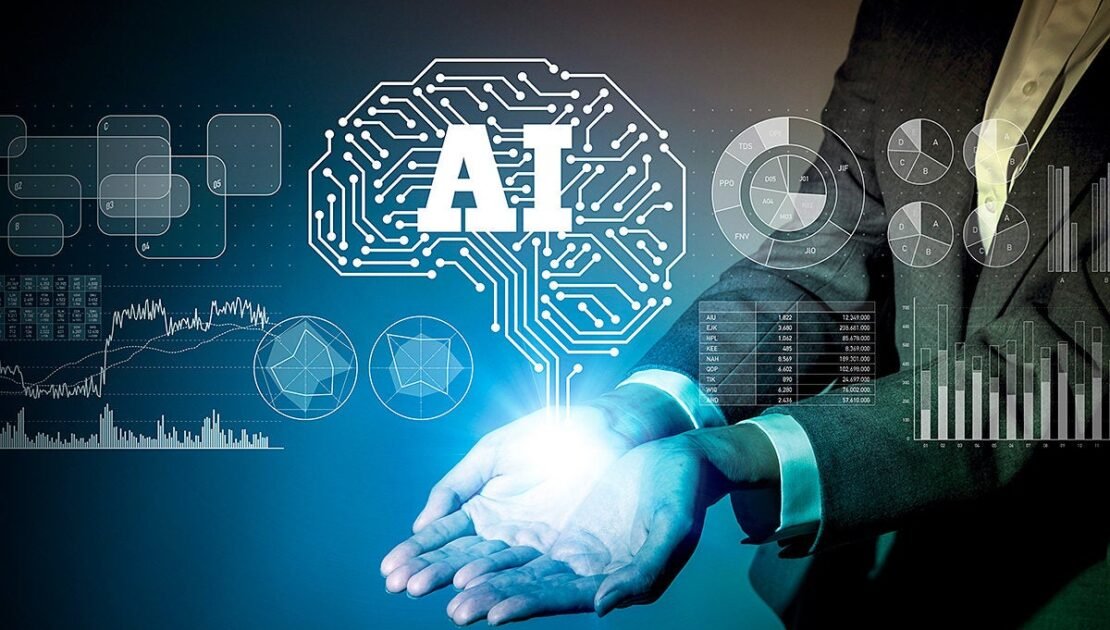1. Evolution of the Computer
Table of Contents
- 0.1 1. Evolution of the Computer
- 0.2 2. The first computers were large
- 0.3 Personal Computers: The Rise of the PC
- 0.4 The Internet and the World Wide Web
- 0.5 The Era of Mobile Devices: Smartphones and Tablets
- 0.6 Wearable Technology: The Future of Computing
- 0.7 Artificial Intelligence and Machine Learning
- 0.8 The Future of Computing: Quantum Computing
- 0.9 The Impact of Computers on Society
- 1 Conclusion
From the first room-sized mainframes that occupied entire buildings to the pocket-sized devices we use today, the evolution of computers has been nothing short of remarkable. Computers have come a long way since their inception. In this article, we will take a closer look at the history of computers and how they have transformed over the years.
2. The first computers were large
expensive, and primarily used by government agencies and large corporations. These machines were so large that they often occupied entire rooms, hence the name “room-sized mainframes.” One of the first computers was the ENIAC, which was built during World War II to calculate artillery firing tables. It weighed over 30 tons and had to be programmed by manually flipping switches and plugging in cables. The development of the transistor in the 1950s made it possible to create smaller, faster, and more reliable computers.
Personal Computers: The Rise of the PC
In the 1970s, personal computers (PCs) became widely available. The first commercially successful PC was the Apple II, which was released in 1977. The PC revolutionized the computing industry by making it possible for individuals and small businesses to own and operate their own computers. The development of the graphical user interface (GUI) and the mouse in the 1980s made it easier to use PCs and led to the widespread adoption of personal computing.
The Internet and the World Wide Web
The 1990s saw the rise of the internet and the World Wide Web. The internet is a global network of interconnected computers, while the World Wide Web is a system of interlinked hypertext documents accessed through the internet. The web made it possible to access and share information on a global scale. The development of web browsers like Netscape Navigator and Internet Explorer made it easy to navigate the web and led to the explosion of e-commerce and online services.
The Era of Mobile Devices: Smartphones and Tablets
The 21st century brought the era of mobile devices. Smartphones and tablets have become essential tools for communication, entertainment, and productivity. The first smartphone, the IBM Simon, was released in 1993. However, it was the launch of the iPhone in 2007 that revolutionized the smartphone industry. The iPad, released in 2010, popularized the tablet form factor and made it possible to consume and create content on a larger screen.
Wearable Technology: The Future of Computing
Wearable technology is the next frontier in computing. Wearable devices like smartwatches and fitness trackers are becoming increasingly popular. They offer new ways to interact with technology and provide real-time health and fitness data. The development of augmented and virtual reality technology is also opening up new possibilities for wearable computing.
Artificial Intelligence and Machine Learning

Artificial intelligence (AI) and machine learning (ML) are changing the way we interact with computers. AI refers to the ability of machines to perform tasks that normally require human intelligence, such as visual perception, speech recognition, and decision-making. ML is a subset of AI that involves training machines to learn from data. These technologies are being used in a wide range of applications, from self-driving cars to voice assistants like Siri and Alexa. The development of AI and ML has the potential to revolutionize industries such as healthcare, finance, and manufacturing by improving efficiency, accuracy, and speed.
The Future of Computing: Quantum Computing
Quantum computing is a new field of computing that uses the principles of quantum mechanics to process information. Quantum computers are expected to be much faster and more powerful than traditional computers. They could potentially solve complex problems in fields such as cryptography, chemistry, and medicine. However, quantum computing is still in its early stages of development, and it may be years before we see practical applications.
The Impact of Computers on Society
The evolution of computers has had a profound impact on society. Computers have transformed the way we work, communicate, and access information. They have made it possible to automate many tasks and have led to the development of new industries and job roles. However, computers have also raised concerns about privacy, security, and the impact of automation on employment.
Read More:Entrepreneurship and Computer Engineering: Some Interesting Business Ideas
Conclusion
The evolution of the computer from room-sized mainframes to pocket-sized devices has been a remarkable journey. The development of the PC, the internet, and mobile devices has revolutionized the way we interact with technology. The future of computing holds even more promise with the development of wearable technology, AI, and quantum computing. While computers have brought many benefits to society, they also raise important questions about privacy, security, and the impact on employment. As we continue to advance in computing, it’s essential that we address these issues to ensure that technology continues to serve society in the best possible way.




